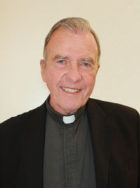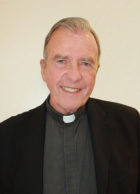Reflecting back on my experience of my years of teaching philosophy, especially teaching about the mystery of the human person, I am very aware of how much my views of what it means to be a human person have changed. Lately because of what I am reading and teaching I am very aware of how much my view of freedom has changed.


